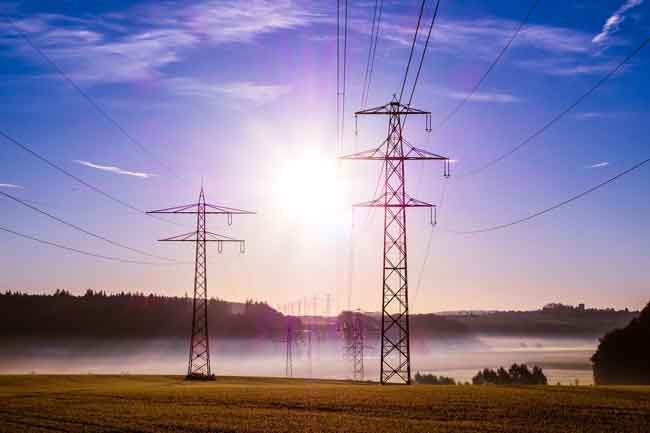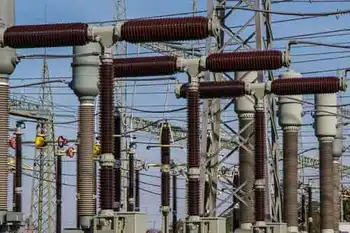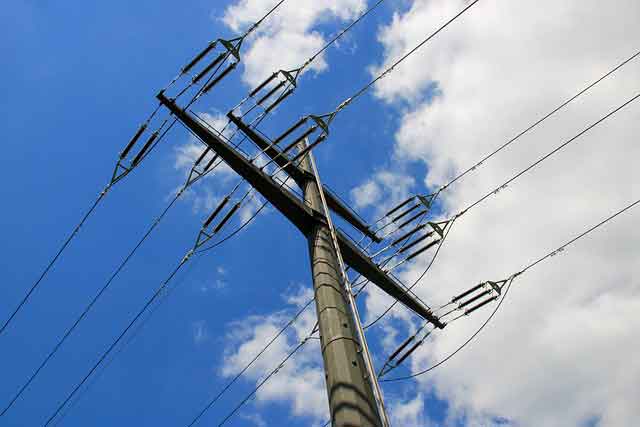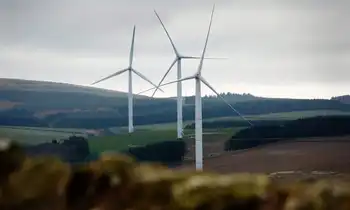Fortis to buy B.C., Alberta utilities
By Canadian Press
Electrical Testing & Commissioning of Power Systems
Our customized live online or in‑person group training can be delivered to your staff at your location.

- Live Online
- 12 hours Instructor-led
- Group Training Available
The deal is the biggest acquisition in the history of Fortis, a private power producer that operates utilities in Newfoundland, Prince Edward Island, Ontario, the Caribbean and Central America.
The big transaction also reflects a failed expansion bid into Canada by American utilities giant Aquila Inc., a troubled power company that was turned off by the Ontario electricity market and stymied in its efforts to grow in Alberta.
Formerly known as UtiliCorp United, Aquila came to Canada about 15 years ago when it bought West Kootenay Power in the B.C. Interior. But it made its biggest splash in 2000 by buying a large piece of Alberta's transmission system from TransAlta Corp. in a deal originally worth more than $600 million. Aquila said at the time that its Canadian expansion was focused on the restructuring electricity markets of Alberta and Ontario.
But on the heels of a $2.1 billion (U.S.) loss in 2002 and the sale of its Australian interests earlier this year, rumours had been circulating for months that Missouri-based Aquila would follow the trend set by other financially crippled American energy companies and liquidate its Canadian operations.
For Fortis, the purchase makes the Newfoundland company a growing electricity distributor and producer across Canada. "This acquisition gives Fortis a significant presence in the electric utility industry in Alberta and British Columbia, which complements our utility operations in other provinces in Canada and in the Caribbean," CEO Stan Marshall said recently. "The expansion of the distribution utility business allows us to leverage our competencies to further enhance service to our customers and returns to our shareholders."
Aquila Alberta and Aquila British Columbia provide electricity to more than 525,000 customers primarily in southern and central Alberta and southern British Columbia. The businesses have about 1,200 employees.
Aquila Alberta, once owned by Calgary-based TransAlta, has 385,000 customers, 100,000 kilometres of distribution lines and assets of $847 million (Canadian) at the end of 2002.
Aquila British Columbia used to be known as West Kootenay Power and it has about 140,000 customers in the southern Interior of British Columbia. Its assets include four hydroelectricity plants on the Kootenay River with a combined capacity of 205 megawatts and about 10,000 kilometres of transmission and distribution power lines.
As of Dec. 31, Aquila British Columbia had assets valued at $461 million.
Fortis said the deal will be financed by loans from the Bank of Nova Scotia.
In Alberta, Aquila had been fighting for a more level playing field with its largely municipally owned utility competitors, including Calgary's Enmax and the City of Edmonton's Epcor over tax rates and regulation.
The company was also getting into position for a role in a deregulated Ontario electricity market, but those long-awaited plans were shelved last year after energy shortages and high demand led to sharp increases in power bills. The Conservative government stepped in, capping power rates and making up the difference through general revenues.
Ontario's backtracking on its restructuring and capped rates helped chase away private power companies that were previously interested in expanding in the province.
Fortis Inc. is an international electric utility holding company with assets of $2 billion and annual revenue of about $800 million. On the Toronto stock market yesterday, Fortis shares fell 42 cents to $58.76. The Aquila deal was announced after markets closed.











